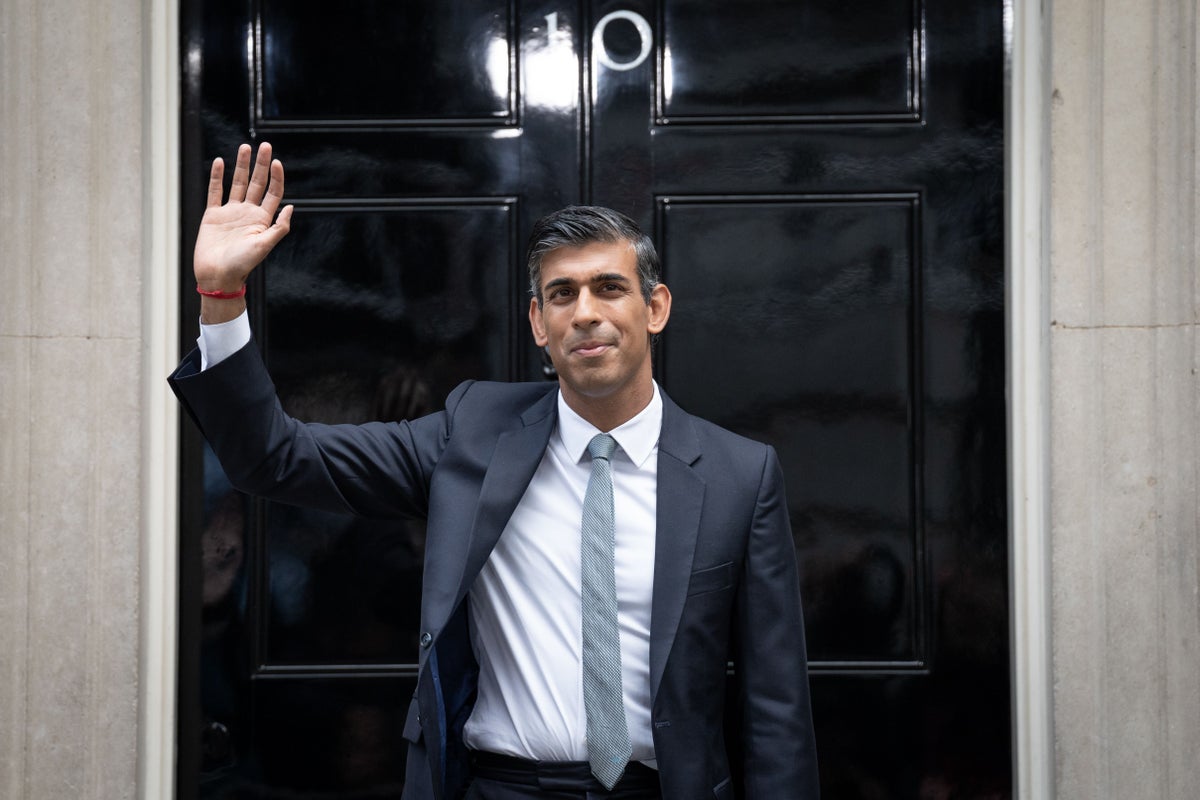
Rishi Sunak, the newly-elected prime minister of the UK, was called a “premier from the slums” by a leading Russian newspaper.
Financial newspaper Kommersant called Mr Sunak the “first Black head of the British government” as it tried to capture the rise of Britain’s new prime minister through a photo essay.
In the slur-laden coverage, the leading Russian publication reported that “both of Rishi Sunak’s grandfathers are Punjabis from the most disadvantaged regions of British India”.
Mr Sunak was born in Southampton on 12 May 1980 to Yashvir and Usha Sunak — an NHS GP and pharmacist respectively.
The couple were originally from Kenya and Tanzania, before emigrating to the UK in the 1960s, both having roots in Punjab, India.
Mr Sunak’s paternal grandfather, Ramdas Sunak, reportedly arrived in Nairobi to work as a clerk in 1935 from Gujranwala, which was then part of British India but now lies in Pakistan, giving that nation a claim on the new PM’s heritage.
The latter’s wife, Suhag Rani Sunak, Mr Sunak’s paternal grandmother, is said to have spent two years in Delhi before being reunited with her husband in Kenya in 1937.
Besides the journey of the prime minister, the Russian publication also discussed Mr Sunak’s wealth and his wife, Akshata Murthy, who is the daughter of Indian billionaire Narayan Murthy.
The coverage of Mr Sunak comes after Russia said there was “no hope” of ease in tensions under the new leader.
“At the moment we see no grounds for hope that there will be any positive changes in the foreseeable future,” Kremlin spokesman Dmitry Peskov said.
“Russia remains open and ready to discuss the most difficult issues at the negotiating table. But not to the detriment of our own interests,” Mr Peskov added.
Mr Sunak, meanwhile, spoke with Volodymyr Zelensky of Ukraine who welcomed the new leader. The PM’s spokesperson said that “the Prime Minister said the United Kingdom’s support for Ukraine would be as strong as ever under his premiership, and President Zelensky could count on his Government to stand in continued solidarity”.







